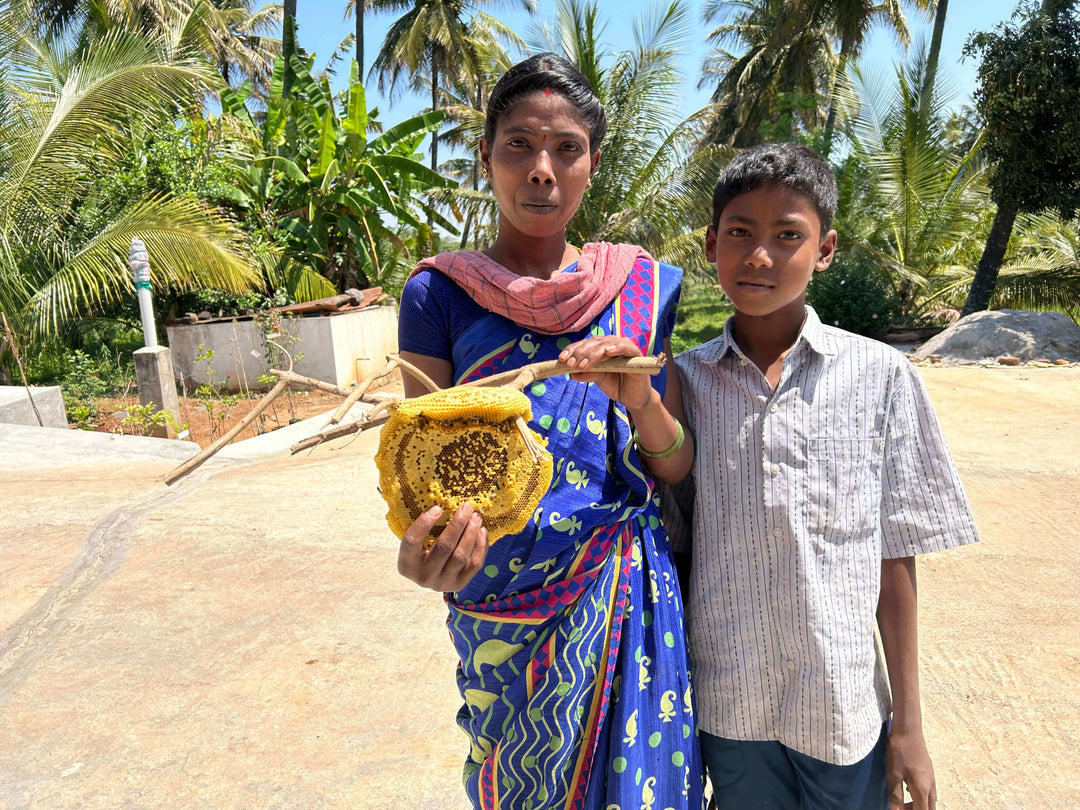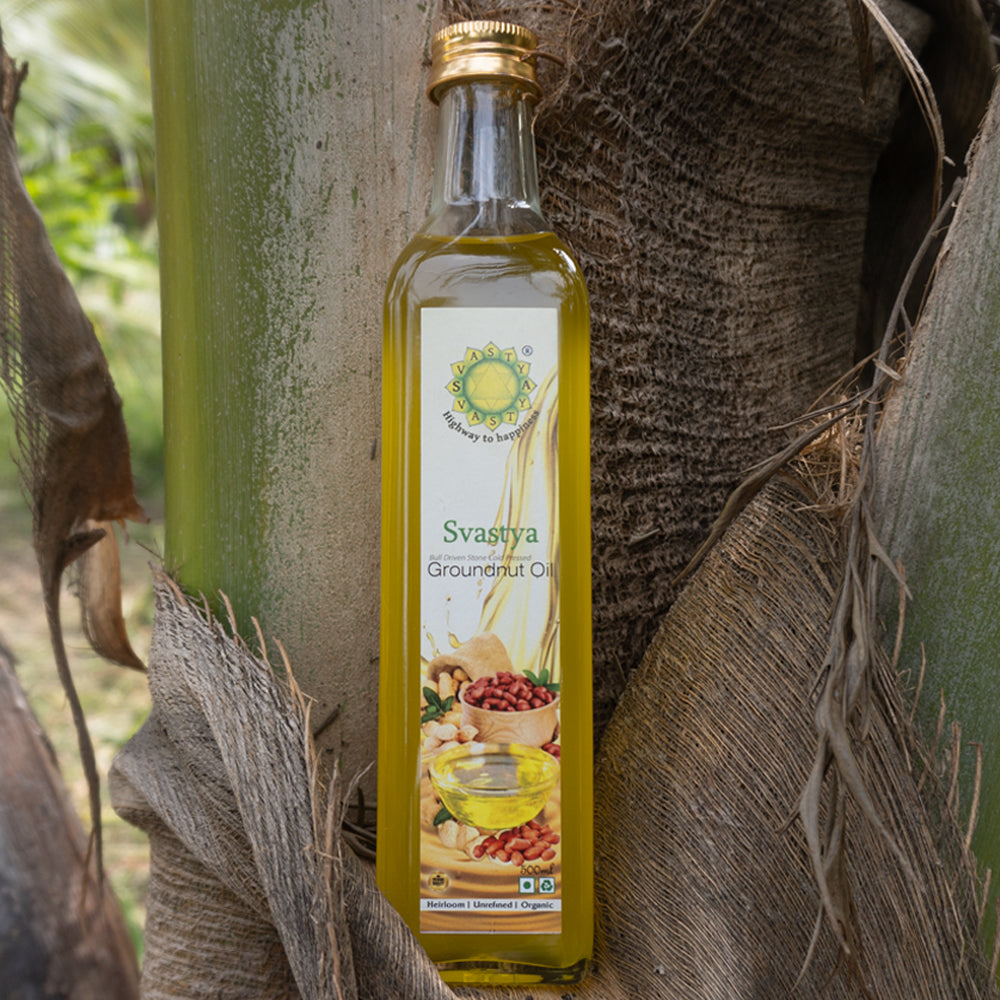Livestock Management
What is organic livestock management?
Organic and conventional livestock are managed differently. Organic livestock benefits both people and the environment by emphasising pasture and limiting the use of antibiotics and hormones. Organically raised animals have a higher quality of life than conventionally raised animals.When managed properly, animals can improve the health of the soil
Basic Requirements
To obtain USDA Organic certification, livestock farmers must adhere to strict guidelines, which include the following:
- Animals must be managed in a way that conserves natural resources and biodiversity.
- Antibiotics and artificial growth hormones are not permitted.
- All feed must be certified organic at 100%, and animals must be raised on certified organic land.
- Animals must have access to the outdoors all year.

Vetch, a nitrogen-fixing cover crop
BENEFITS OF ORGANIC LIVESTOCK
The nutritional value of pasture-based products such as eggs and milk is higher because they contain more omega-3s and fatty acids.
As manure is applied to the soil, it improves.
Antibiotics are not permitted in organic production, which eliminates the risk of antibiotic resistance and "superbugs."
Grazing livestock can make use of marginal land that would otherwise be unsuitable for crop cultivation.
Animals aid in weed control by eating or trampling unwanted plants.
Livestock generates additional income and helps farmers spread their workload throughout the year.
Farmers have more freedom when it comes to raising animals. They can choose to sell their crops directly or feed them to the animals as market conditions and other factors shift.
Pasture-based livestock operations have the greatest potential for carbon sequestration of any farming practise.
The Importance of Pasture
Pasture-based operations experience fewer vet visits and bills, as well as improvements in both animal and land health. Animals provide fertiliser and weed control in exchange for a more natural environment and a more varied diet, which improves their health and well-being.

Vetch, a nitrogen-fixing cover crop
Heritage Breeds
Many animals are now bred to survive in the cramped conditions typical of large livestock operations and to grow quickly in order to produce more meat. Organic farmers who raise their animals on pasture frequently prefer heritage breeds. These older genetics are tougher and better suited to outdoor life.etch, a nitrogen-fixing cover crop
WHY DOES IT MATTER?
Factory farming is a major cause of climate change. Thousands of animals are raised in confinement on factory farms. Forest may be cleared to make way for feedlots, and the large number of animals quickly destroys any pasture or ground cover, exposing soil to wind and water erosion. Manure accumulates in pits, releasing methane and nitrous oxide, both of which are potent greenhouse gases.
Grain is fed to factory-farmed animals to promote rapid weight gain. However, cows in particular are not designed to digest grain, resulting in increased antibiotic use and the threat of "superbug" outbreaks. To meet feed demand, corn and soy monocultures are required, increasing emissions and worsening land degradation.
Organic livestock management is pasture-based, which promotes biodiversity, healthy soil, and animal welfare. Animal waste is transformed into a fertility tool rather than a hazard. The animals improve the land's health. Pasture-based livestock operations have the greatest potential for carbon sequestration of any farming practise.







